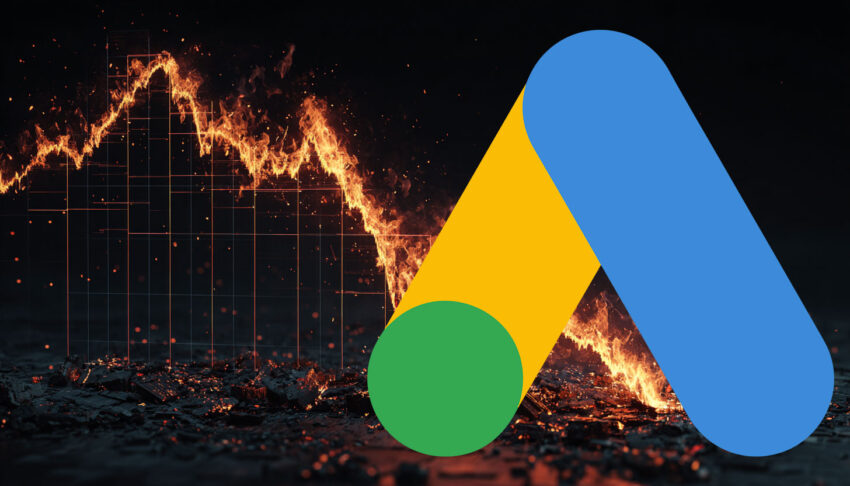Source: Search Engine Roundtable by barry@rustybrick.com (Barry Schwartz). Read the original article
TL;DR Summary of Google’s Removal of 100 Search Results: Impact on Ads and Analytics
Google’s removal of the 100 search results per page option disrupted third-party tracking tools and Search Console reporting. However, concerns about inflated Google Ads keyword tool volumes appear largely unfounded according to PPC community feedback. Most advertisers report no significant impact on Google Ads search volumes despite changes in organic data presentation. This change primarily affects data accuracy in organic search tracking rather than paid search metrics.
Optimixed’s Overview: Understanding Google’s Search Result Changes and Their Effects on PPC Data
Background on Google’s Search Result Display Adjustment
Google discontinued its unofficial option to show 100 search results per page, a move that disrupted various third-party SEO and analytics tools. This change led to concerns regarding the integrity of data reported by tools such as Search Console and raised questions about potential impacts on Google Ads metrics.
Impact on Organic Search Reporting and Search Console
- Google suspected scrapers were artificially inflating Search Console impression data by exploiting the 100-result display.
- Removing this feature aimed to improve data quality but caused disruptions for tracking tools relying on high-volume result scraping.
Effect on Google Ads Keyword Tool and PPC Metrics
- PPC professionals, including community members like Vanessa Fox and Joe (@theJoeShmow), explored whether Google Ads keyword volumes were similarly inflated.
- The consensus from the PPC community is that Google Ads data remains largely unaffected.
- Some advertisers noted minor indirect effects but no widespread inflation or deflation of keyword search volumes.
- Adjustments mainly impact organic search data, with paid search tools maintaining data reliability.
Broader Industry Reactions
Some SEM managers have canceled third-party SEO tool subscriptions, reflecting concerns over organic data accuracy. However, the PPC landscape continues to operate with minimal disruption, indicating that paid search marketers can rely on current Google Ads metrics despite the changes.
